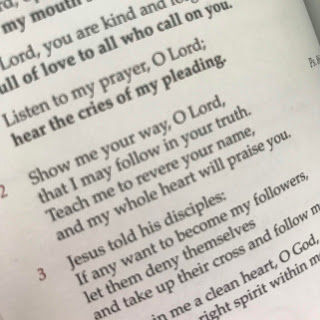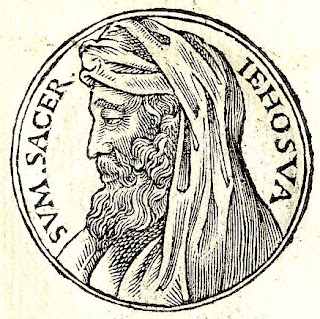~ 2 Corinthians 5:7
Sometimes, these feel like the most encouraging words in scripture.
Sometimes, they feel like the least helpful.
 We all know people for whom faith looks easy (from the outside). And we all know people who are open about their struggles with faith. I know that wanting to have faith can help, but not always. I have always been grateful for the words of Barbara Brown Taylor who said something like, "When I can't say certain words of the creed on a Sunday morning, I'm glad that I'm surrounded by others who can." Community can lift and amplify faith; but it can also make us feel isolated when we are struggling.
We all know people for whom faith looks easy (from the outside). And we all know people who are open about their struggles with faith. I know that wanting to have faith can help, but not always. I have always been grateful for the words of Barbara Brown Taylor who said something like, "When I can't say certain words of the creed on a Sunday morning, I'm glad that I'm surrounded by others who can." Community can lift and amplify faith; but it can also make us feel isolated when we are struggling.I don't have any magic answers, except I do love the psalms and find that, the more I am immersed in them, the more grounded I feel. (See my favorite Calvin quote.) Since we can almost always find a psalm that articulates where we are emotionally, even when we are absolutely desolate of any sense of God (see Psalm 88), they can provide a comfort that is not only grounded in millennia of people struggling to live out an authentic faith in God, but is also vividly authentic.
Here, a few somewhat scattered thoughts on that word, faith.
Some other words for faith:
Belief
Assurance
Fidelity
Trust
Conviction
Some things faith is not:
Certainty
Proof
Math
Some things that may encourage faith:
Music
Community
Connection
Friends
Kindness
Scripture
The behavior of other people of faith
Some things that may erode faith:
Isolation
Observing hypocrisy
Experiencing cruelty
Scripture
The behavior of other people of faith
As the verse says, sight is not faith. Bells and whistles screaming "God is here! God is real!" is almost nobody's experience of faith. Rising again, praying again ("O God, open my lips, and my mouth will declare your praise," Psalm 51:15) and hoping, again, is as good a plan as any.
Bless you. Grace and peace to you today.

















